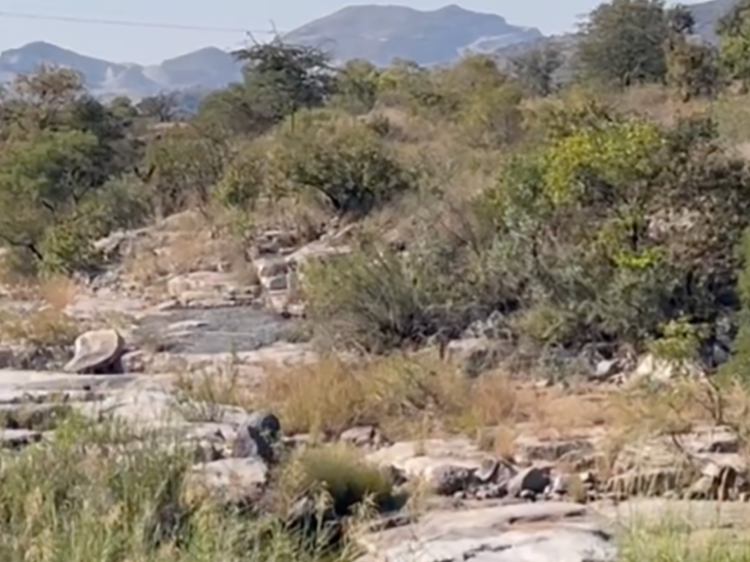
living microbes discovered in 2-billion-year-old rock in South Africa
On Oct. 2, 2024, a team of researchers from the University of Tokyo announced they had discovered living microbes within 2-billion-year-old rock excavated from the Bushveld Igneous Complex in South Africa. This is the oldest example of living microbes being found within ancient rock so far discovered.
The team involved in the study built on its previous work to perfect a technique involving three types of imaging – infrared spectroscopy, electron microscopy and fluorescent microscopy – to confirm that the microbes were indigenous to the ancient core sample and not caused by contamination during the retrieval and study process.
The International Continental Scientific Drilling Program, a nonprofit organization that funds exploration at geological sites, obtained a 30-centimeter-long rock core sample from about 15 meters below ground. The rock was cut into thin slices and analyzed, which is when the team discovered living microbial cells densely packed into cracks in the rock. Any gaps near these cracks were clogged with clay, making it impossible for the organisms to leave or for other things to enter.
Research on these microbes could help us better understand the very early evolution of life, as well as the search for extraterrestrial life in similarly aged rock samples brought back from Mars. The study results were published in Microbial Ecology.
Tags:
Source: American Association for the Advancement of Science
Credit: Phot: Bushveld Igneous Complex (BIC), South Africa. Courtesy: Y. Suzuki©.
